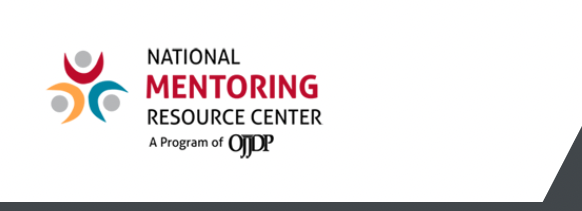
Mentoring PUBLICATIONS & RESOURCES AVAILABLE TO NATIVE YOUTH
Often these programs emphasize mentoring relationships for youth who are early in their engagement in the juvenile justice system or diverting them from involvement altogether ⎯ after an initial arrest or in lieu of sentencing for a minor crime. Recent years have also seen substantial investments, particularly from the Office of Juvenile Justice and Delinquency Prevention and the U.S. Department of Justice more broadly, to provide mentoring as a support service for youth (and adults) who are leaving periods of incarceration (or preparing to do so) and re-entering their communities. See below for a listing of investments OJJDP has made in this area in recent funding cycles.
The UNITY Peer Guides and Healing Indigenous Lives Initiative is dedicated to spreading awareness of available resources to Native youth to help increase community safety, protective factors and reduce youth risky behaviors contributing to juvenile delinquency.
Mentoring is a widely-used prevention and intervention strategy for supporting youth who are involved in the criminal justice system.
All programs of this type also place a premium on outcomes related to avoiding recidivism (i.e., being re-arrested for criminal activities or otherwise deepening their engagement with the juvenile or criminal justice systems). Diversion-focused programs often emphasize providing youth who have been arrested with activities and relationships that engage or reengage them in existing systems of support that can help them build resiliency and avoid future criminal involvement. Examples include services to support high school graduation and college access, job training and career planning, substance abuse and mental health treatments, and broader youth development opportunities that promote healthy relationships and decision-making. Programs serving youth reentering communities after periods of incarceration, while frequently cover these same domains, often provide services that are more intense and that include additional areas of emphasis on creating a stable foundation for ongoing success and on compliance with terms of probation or post-release supervision. In many instances, reentry-focused programs work closely with juvenile justice professionals as part of a broader transition team.
Click here to learn more:
Model and Population Reviews
- Read the Population review, Mentoring Youth and Young Adults During Re-Entry From Confinement, for more detail on the recommendations described above.
Reviews of Specific Programs
- KEEP SAFE is a multi-component intervention to prevent delinquency and substance abuse among girls in foster care. Read the review and the accompanying Insights for practitioners.
- Reading for Life (RFL) is a diversion program in which juveniles ages 13-18, who have committed non-violent offenses, study works of literature and classic virtue theory in small groups, led by trained volunteer mentors. Read the review and accompanying Insights for practitioners.
- The Adolescent Diversion Project (Michigan State University) is a strengths-based, advocacy-oriented program that diverts arrested youth from formal processing in the juvenile justice system and provides them community-based services. Read the review.
- CASASTART is a community-based, intensive case management model that aims to prevent drug use and delinquency among high-risk adolescents, ages 11 to 13. Read the review.
- The Multidimensional Treatment Foster Care – Adolescents Program is a behavioral treatment alternative to residential placement for adolescents who have problems with chronic antisocial behavior, emotional disturbance, and delinquency. Read the review.
- The Gang Reduction Program (Los Angeles, California) is a comprehensive, multiyear initiative to reduce youth gang crime and violence through a combination of strategies. Read the review.
